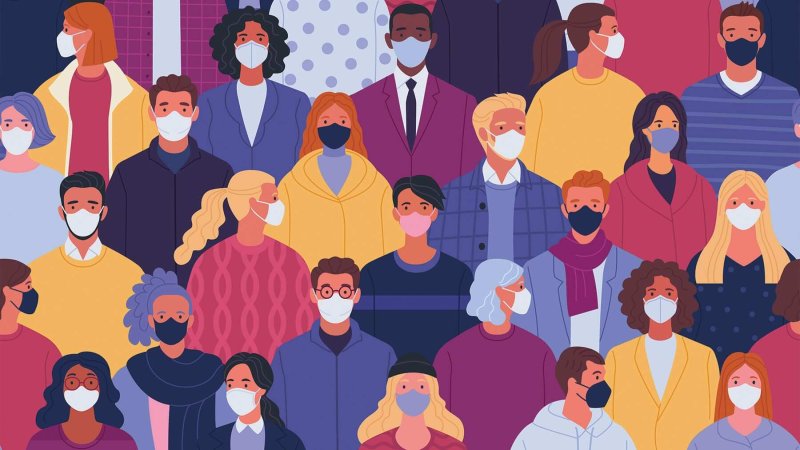Six months into a pandemic that has killed more than 400,000 people globally, scientists are still trying to understand the wildly variable nature of covid-19, the disease caused by the virus.
Among their lines of inquiry: Are distinct strains of the coronavirus more dangerous? Does a patient’s blood type affect the severity of the illness? Do other genetic factors play a role?
…
Social and demographic factors, including sex, race, ethnicity, income and access to quality health care, play major roles in how this pandemic affects people and who suffers the most. The ultimate goal of many researchers is to develop a personalized risk score — so that a person who has covid-19, or remains vulnerable to catching the disease, would have some idea of how to navigate the pandemic.
One potential breakthrough was highlighted by National Institutes of Health Director Francis Collins on his blog: Scientists developed an artificial intelligence tool that sorted the blood of covid-19 patients and found 22 proteins that consistently appear among the patients who are severely ill.
At this point, such a blood marker only tells doctors what they can already see with their own eyes — a very sick patient. But if such a blood test and analysis could be rolled out early in the course of the disease, it could help doctors decide which patients are most vulnerable.































